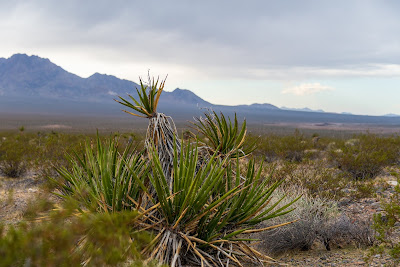Climate Change is Real, and So Is Habitat Loss
The Obama administration this month released the National Fish, Wildlife and Plants Climate Adaptation Strategy , which details the threat climate change poses to a variety of ecosystems, and the steps needed to help species cope with what is likely to be long-term damage.
The number one goal identified in the strategy is the conservation of habitat and wildlife linkages to help species adapt and bolster ecosystem resilience in the face of climate change. According to the Strategy:
The number one goal identified in the strategy is the conservation of habitat and wildlife linkages to help species adapt and bolster ecosystem resilience in the face of climate change. According to the Strategy:
"Many of our nation’s imperiled species (both those currently listed either as Threatened or Endangered as well as many other species that may eventually be considered for listing) do not occur in existing conservation areas. Indeed, the major threat to many species on the U.S. Endangered Species List is the loss of habitat caused when the habitat they depend on is converted to a different use. Climate change will make the problem worse—and will make the need for new conservation areas more urgent."As you might expect, they do not recommend bulldozing habitat to build clean energy projects, but instead recommend that new projects should be sited on already-disturbed lands:
"...minimize impacts from alternative energy development by focusing siting options on already disturbed or degraded areas"The strategy does not mention sacrificing more wildlands to energy development, and actually argues that some habitat loss should be reversed through restoration efforts:
This report really underscores the insanity of our current renewable energy approach in the United States, which depends on extensive habitat destruction (just look at BrightSource Energy's Ivanpah Solar project) and sometimes ignores more sensible approaches, such as building on already-disturbed lands and encouraging distributed generation and energy efficiency."Because human development in the United States has been so extensive, some of the habitat necessary for a comprehensive network of conservation areas will need to be restored. In the context of a period of climate change, ecological restoration will not necessarily be about attempting to restore specific species or combinations of species, but rather about restoring the conditions that favor healthy, diverse, and productive communities of species."
The full Strategy can be read here:



Comments
Post a Comment